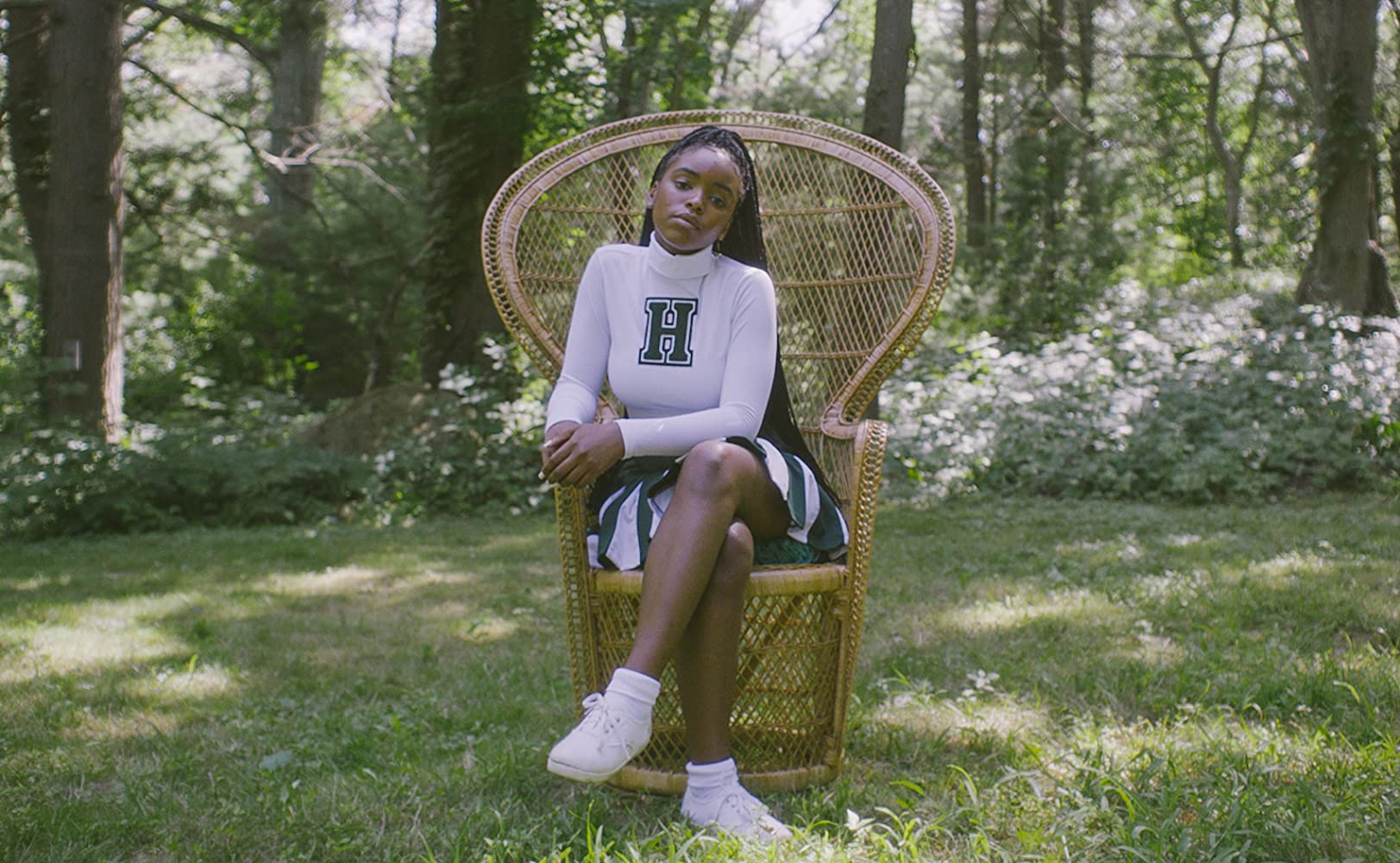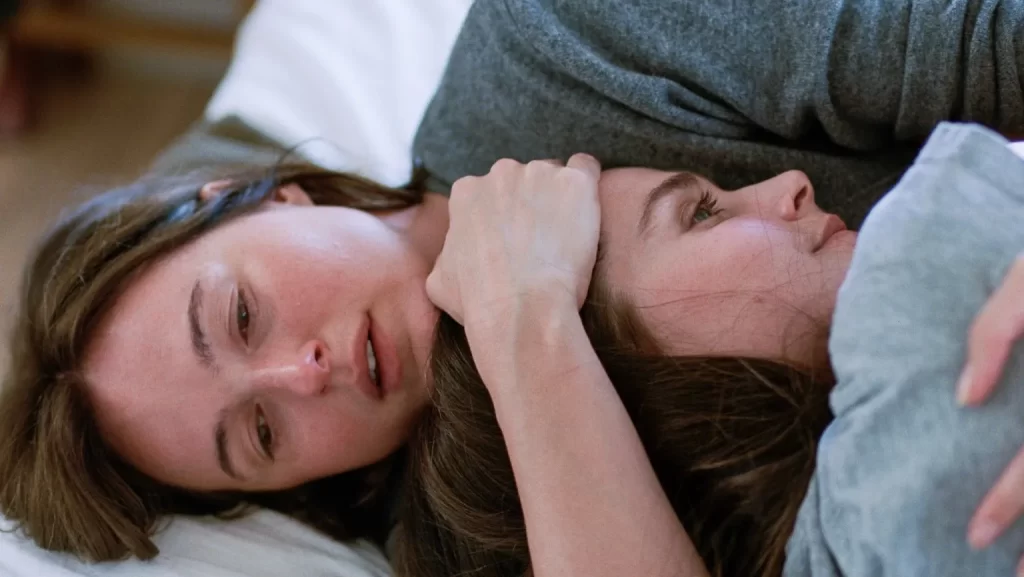It shouldn’t be too surprising at this point that streaming platforms make pretty good career launching pads. Just last week, for example, this column covered the filmmaking debut of Alan Yang, who rose to prominence working on shows for Netflix and Amazon. The distribution system may not be perfect (all those promising new releases can be easily buried under the barrage of studio films and properties by more established names), but the wide net it casts also provides more potential exposure, and the breadth of content means there’s more room to experiment.
The movie Selah and the Spades, currently streaming on Amazon Prime, is a good example of a new filmmaker stretching her wings and experimenting with form and genre. Tayarisha Poe’s stylish drama about an elite boarding school’s criminal underworld is like a cross-stitch sampler of ideas from other films (interestingly, mostly indies that also helped launch successful careers). The movie doesn’t always hold together, but the styles Poe’s playing with, and her eagerness to experiment, display plenty of promise — as does the performance of the film’s star, Lovie Simone.

Selah and the Spades takes place at Haldwell, a fictional boarding school where five gangs (or “factions,” as they’re called) run various illicit aspects of student life. Simone’s Selah Summers runs the Spades, the most powerful faction, responsible for sourcing and selling all forms of recreational drugs. Selah’s from a wealthy family, and doesn’t need the money. She’s in the game for power, and is having trouble passing that power on to a successor after she graduates. New girl Paloma (Celeste O’Connor) is a promising candidate, but Selah feels threatened by just how naturally her protege takes to her role.
Poe’s movie heavily borrows elements from other stylized movies about high school social hierarchy. The school’s criminal contingent is right out of Brick’s playbook. The insular, socially rigid world of Haldwell and its crisp parochial vibe are pure Rushmore. The movie’s cliques and girl-on-girl crime recall Heathers, and its exploration of black identity in a typically white-dominated setting owes much to Justin Simien’s Dear White People. Similarly to Simien’s movie, there are a lot of ideas at play in Selah and the Spades that are intriguing individually, but taken together give it a kind of cinematic attention deficit disorder. There’s a semblance of a plot, but without more focus, it can be hard to tell sometimes what the movie’s actually about.

Fortunately, Selah and the Spades has Simone to anchor it. She displays stunning gravitas and poise as Selah, in a breakout performance that feels of similar heft and impressiveness to Florence Pugh’s screen debut in Lady Macbeth, even if the film itself isn’t quite up to that level. Simone is chilly, reserved and self-assured, maintaining her composure and confidence while under tremendous pressure, and explosively emotional when the cracks in her facade start to show through. When Poe’s movie starts to lose its way, Simone always brings it right back to center and commands your attention.
Regardless of Selah and the Spades’ tendency to drift, its style and ambition are undeniable. The movies Poe borrows from display excellent taste. The hyper-specific details of the setting, and the uniquely dreamy haze she casts over the whole affair, show a promising talent and eye for detail, as do the performances she gets from her cast. Poe’s career will surely be worth watching, as will Simone’s. If nothing else, it’s worth watching Selah and Spades now just so you can get on those respective buses early.
“Selah and the Spades” is now streaming on Amazon Prime.



